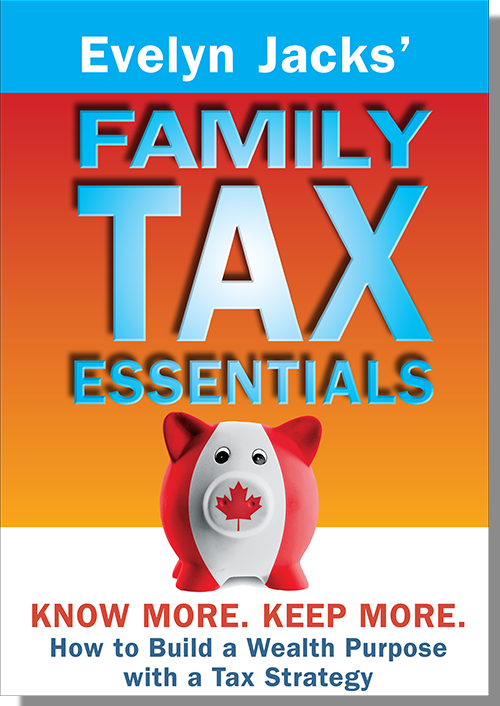Last updated: March 29 2016
Three Steps: How to Work Smarter With Your Tax Advisor

Are you getting the most for your dollar when you work with your tax advisor? Many taxpayers would like better answers to their questions about how to save more on their tax return. If you are one of them, read on to learn more about a three-step process Tax Services Specialists are using to increase their value proposition to their clients.
Why we file a tax return. The T1 General Income Tax and Benefits return is not just a reconciliation of the taxes you paid and the size of your tax refund if you overpaid (most people do, by the way), but also an application form for various federal and provincial refundable tax credits. That means that even if you don’t have any income at all, the T1 General is still an important financial document; filing this return can improve your cash flow in 2016.
What to discuss with your advisor. At tax time, tax and financial advisors should think about collaborating in a three-fold objective:
- to pay the least amount of taxes possible for the current tax year
- to review opportunities to recover taxes overpaid in prior tax years
- to put into place sound, tax-efficient financial plans that maximize intergenerational wealth management for the future; that is, how to keep more of both income and the value retained in assets owned by the family.
 |
How to develop a wealth management approach to your savings. At Knowledge Bureau, we teach provisional advisors within an educational framework that enables joint decision-making between tax and financial advisors and their clients. This approach is called Real Wealth Management™ at Knowledge Bureau. The opportunity is to look at tax efficiency relating to four elements of wealth planning, after taxes, inflation and fees, at every life stage:
- Accumulation
- Growth
- Preservation
- Transition of Wealth
A Real Wealth Management approach requires one strategic plan that all stakeholders agree to in building sustainable family wealth. Family income is an important concept in tax planning, as it is used to test the size of refundable and non-refundable tax credits available. The clawbacks, or reductions of credits that occur when incomes rise can push taxpayers in middle income tax brackets into paying marginal tax rates well in excess of 50%.
For these reasons, it is always best when family tax returns are prepared together, and to develop tax efficient investment plans with financial advisors that take all income levels-and their effect on marginal tax rates - into account.
Tax planning itself also initiates three specific activities:
- Tax compliance – the accurate and timely filing of a tax return. The objective is to optimize Canadians’ legal rights to arrange their affairs within the framework of the law, to pay the least taxes legally possible on assets and income. Taxpayers must not circumvent the intent of the law in their planning and the onus of proof is on them to report income and tax preferences accurately. The result is the creation of sustainable wealth over time. This process also includes tapping into all the social benefits available, including Old Age Security, Employment Insurance and refundable tax credits, too.
- Financial Planning. Tax planning and financial planning go together well: When taxes are minimized, more money is left over for savings, the basis of wealth planning. An order of investment—which investment vehicles are highest priority or most appropriate from a tax-efficiency point of view—is determined by the taxpayer’s age and objectives.
- Family Wealth Management. Wealth management encompasses the family’s whole plan—tax, investment, retirement, succession and estate planning—for present, future and intergenerational matters. Great advisors execute on goals that increase the net worth of the family as a whole.
 |
Rather than taking the ostrich approach (i.e. dropping off the inevitable shoebox of receipts like a hot potato and heading for the door) take the time to discuss your financial plans with both your tax and financial advisor this tax season. Done well, tax filing and planning will increase the purchasing power your family has this year.
Evelyn Jacks is a best-selling Canadian author of 52 books including her latest, Family Tax Essentials. Evelyn is the Founder and President of Knowledge Bureau, a national educational institute. To learn more about professional tax preparation and tax-efficient wealth management, see www.knowledgebureau.com.





